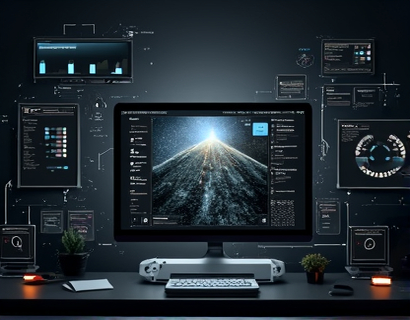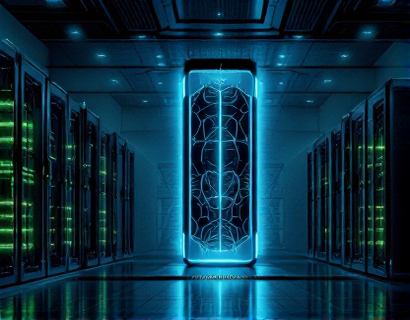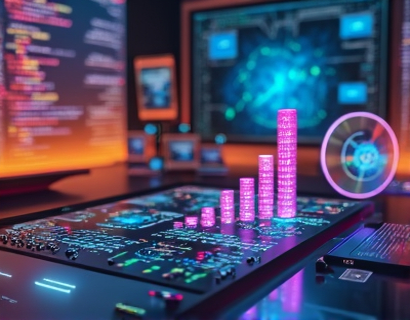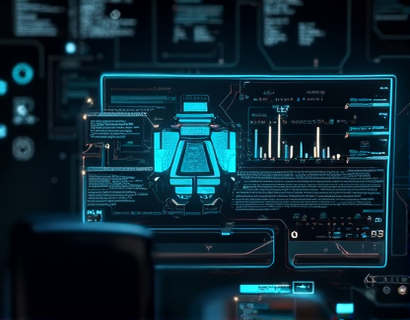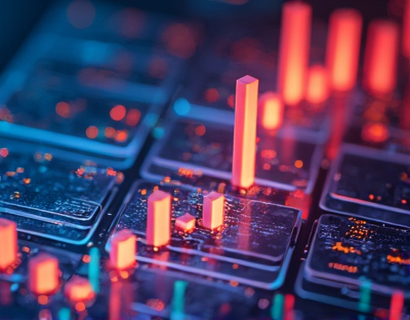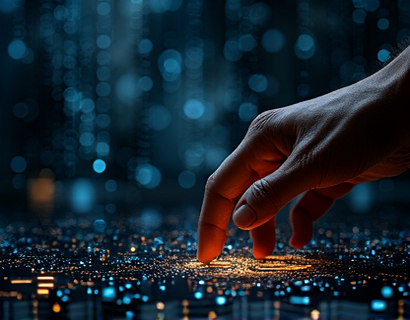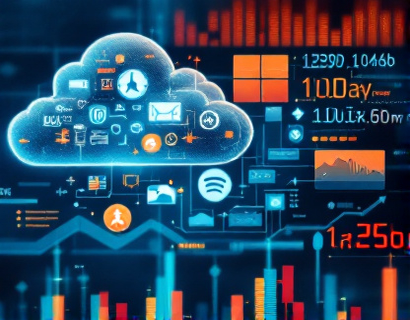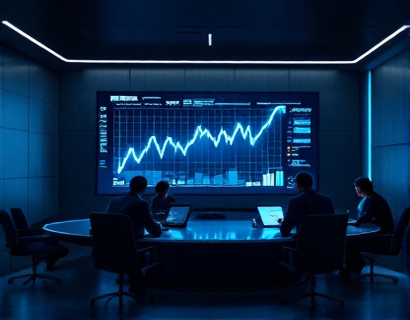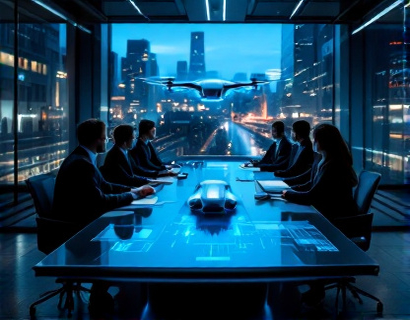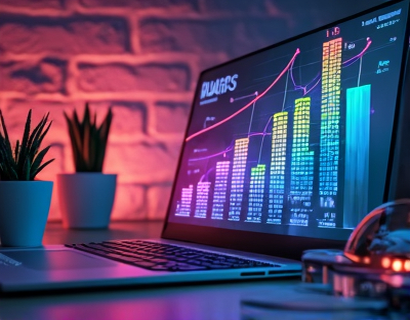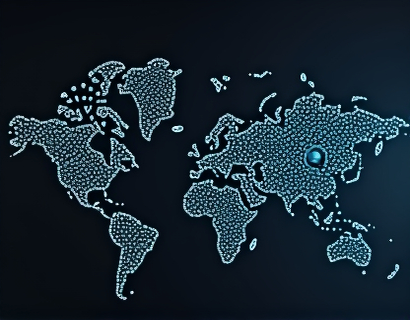Decentralized AI and Crypto: Pioneering Enhanced Digital Experiences for the Future of Ucosystem Applications
The intersection of decentralized technologies, artificial intelligence, and cryptocurrency is giving rise to a new era of digital applications that promise to transform user experiences and redefine interactions in the digital landscape. This article delves into the synergy between these cutting-edge fields, exploring how they are converging to create the next wave of decentralized applications, commonly known as Ucosystem apps, which leverage the power of AI and blockchain to enhance user engagement and deliver unprecedented levels of security, transparency, and efficiency.
The concept of decentralized applications, or dApps, is not new, but the integration of AI and cryptocurrency is revolutionizing the way these applications are designed, deployed, and interact with users. Traditional centralized applications rely on a single entity to manage and control the data and functionalities, which can lead to bottlenecks, security vulnerabilities, and limited user control. In contrast, decentralized applications distribute these functions across a network of nodes, ensuring that no single point of failure exists and that users have greater autonomy over their data and interactions.
Artificial intelligence, with its ability to process vast amounts of data, learn from patterns, and make decisions with minimal human intervention, is a natural fit for enhancing the capabilities of decentralized applications. By combining AI with the decentralized architecture, developers can create Ucosystem apps that not only offer smarter and more personalized experiences but also ensure that these experiences are secure and trustworthy. This fusion opens up a myriad of possibilities, from decentralized finance (DeFi) platforms that use AI for predictive analytics and automated trading, to social media platforms that leverage AI for content moderation and user engagement optimization.
One of the key benefits of decentralized AI-powered applications is the enhanced user privacy and data ownership. In a centralized model, user data is often collected, stored, and analyzed by a single entity, which can lead to privacy concerns and data breaches. Decentralized applications, on the other hand, allow users to maintain control over their data, deciding who can access it and for what purpose. AI algorithms can be designed to work directly with decentralized data storage solutions, ensuring that sensitive information remains encrypted and secure while still being accessible for processing and analysis.
Another significant advantage is the potential for more equitable and inclusive digital ecosystems. Centralized platforms often create barriers to entry, favoring those with more resources and technical expertise. Decentralized applications powered by AI and cryptocurrency can lower these barriers by providing access to a wide range of tools and services without the need for intermediaries. Smart contracts, for instance, can automate and enforce agreements in a transparent and trustless manner, enabling users from diverse backgrounds to participate in complex economic activities.
The development of Ucosystem apps is also driven by the growing interest in sustainable and ethical technology. The environmental impact of centralized data centers and the ethical concerns surrounding data monopolies are prompting innovators to seek alternatives. Decentralized networks, supported by renewable energy sources and incentivized by cryptocurrency rewards, offer a more sustainable path forward. AI, when integrated into these networks, can optimize resource usage and reduce waste, further aligning with the goals of environmental stewardship.
To understand the practical applications of this convergence, consider the realm of decentralized finance. DeFi platforms are already leveraging AI to enhance trading strategies, risk management, and portfolio optimization. AI algorithms can analyze market trends, predict price movements, and execute trades with high precision, all while operating on a decentralized network that is less susceptible to manipulation and fraud. This not only improves the efficiency and accuracy of financial services but also makes them more accessible to a global audience.
In the domain of social media, decentralized platforms are using AI to create more engaging and safe communities. AI-driven content recommendation systems can personalize user feeds based on preferences and behavior, while AI-powered moderation tools can identify and remove harmful content more effectively. These platforms can also reward users with cryptocurrency for creating and sharing valuable content, fostering a more collaborative and incentivized ecosystem.
The technical underpinnings of these Ucosystem apps are built on blockchain technology, which provides a secure and transparent ledger for transactions and data storage. Blockchain's immutability ensures that once data is recorded, it cannot be altered or deleted, enhancing the integrity of the information used by AI algorithms. Smart contracts, self-executing contracts with the terms directly written into code, automate processes and enforce agreements without the need for intermediaries, reducing costs and increasing efficiency.
Interoperability is another critical aspect of the Ucosystem. As different blockchain networks and decentralized platforms emerge, the ability to seamlessly interact and exchange value across these systems becomes essential. AI can play a pivotal role in facilitating interoperability by developing protocols and middleware that enable different blockchain ecosystems to communicate and work together harmoniously. This not only enhances the functionality of individual Ucosystem apps but also contributes to the overall growth and adoption of decentralized technologies.
However, the journey towards widespread adoption of decentralized AI and crypto-powered applications is not without challenges. Technical complexity remains a significant barrier, as the integration of AI and blockchain requires specialized knowledge and skills. Developers need to be proficient in both domains to create robust and scalable solutions. Additionally, regulatory uncertainties pose a risk, as governments and regulatory bodies are still grappling with how to address the unique characteristics of decentralized and AI-driven technologies.
Despite these challenges, the potential benefits are compelling. The future of digital applications lies in the synergy between decentralization, artificial intelligence, and cryptocurrency. By empowering users, enhancing security, and driving innovation, Ucosystem apps are poised to redefine the digital experience. As more tech-savvy innovators and early adopters embrace these technologies, we can expect to see a proliferation of cutting-edge applications that not only improve individual user experiences but also contribute to a more decentralized, equitable, and sustainable digital world.







